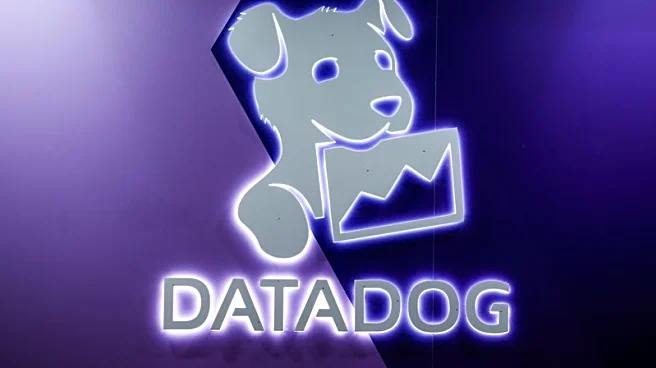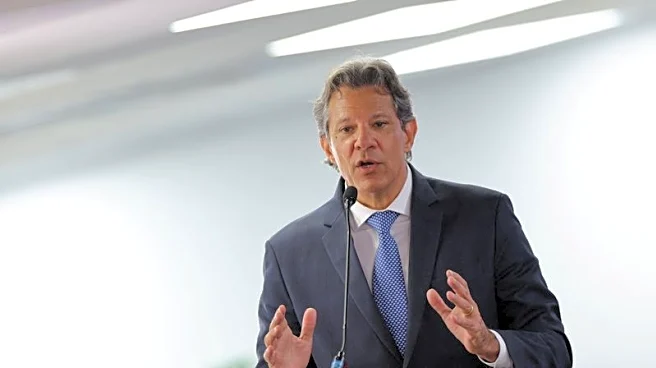What's Happening?
A recent report highlights a significant increase in academic integrity violations involving artificial intelligence tools among university students in the UK. According to the Guardian, nearly 7,000 cases of cheating using AI tools like ChatGPT were recorded in the 2023-24 academic year, marking a rise from 1.6 cases per 1,000 students in the previous year to 5.1 cases per 1,000 students. This trend underscores the growing challenge universities face in adapting assessment methods to the advent of AI-powered writing tools. The report suggests that the recorded cases may only represent the tip of the iceberg, as experts believe the actual number of violations could be higher.
Why It's Important?
The surge in AI-related cheating poses a significant challenge to academic institutions, which must now reconsider their assessment strategies to maintain academic integrity. This development could have broader implications for the education sector, potentially affecting the credibility of academic qualifications and the trust in educational systems. As AI tools become more sophisticated, the difficulty in detecting AI-generated content increases, raising concerns about the quality and authenticity of academic work. This situation calls for urgent action from universities to develop robust mechanisms to identify and prevent AI-assisted cheating.
What's Next?
Universities are likely to invest in new technologies and strategies to combat AI-related academic dishonesty. This may include the development of AI detection tools and the revision of assessment methods to reduce opportunities for cheating. Additionally, there may be increased collaboration among educational institutions to share best practices and resources in addressing this issue. Stakeholders, including educators and policymakers, will need to engage in discussions about the ethical use of AI in education and the establishment of clear guidelines to ensure academic integrity.
Beyond the Headlines
The rise of AI-assisted cheating also raises ethical questions about the use of technology in education. It challenges the traditional notions of learning and assessment, prompting a reevaluation of how educational success is measured. Furthermore, it highlights the need for students to develop critical thinking and ethical decision-making skills in an increasingly digital world. As AI continues to evolve, educational institutions must balance the benefits of technology with the potential risks to academic integrity.









